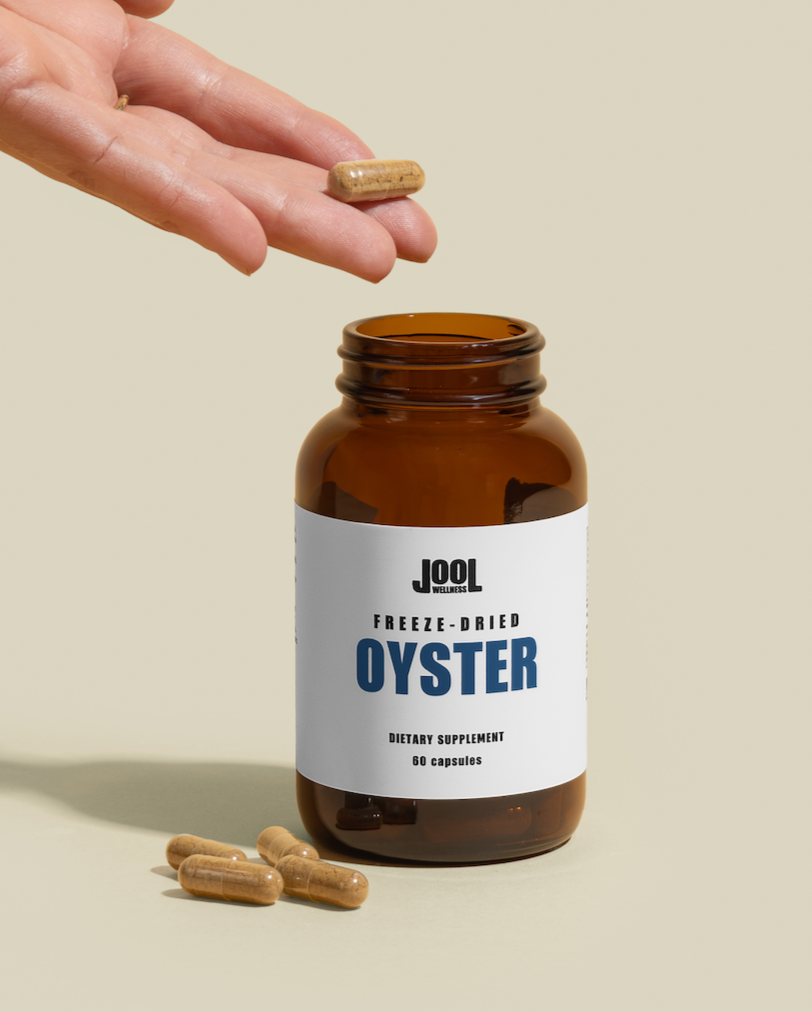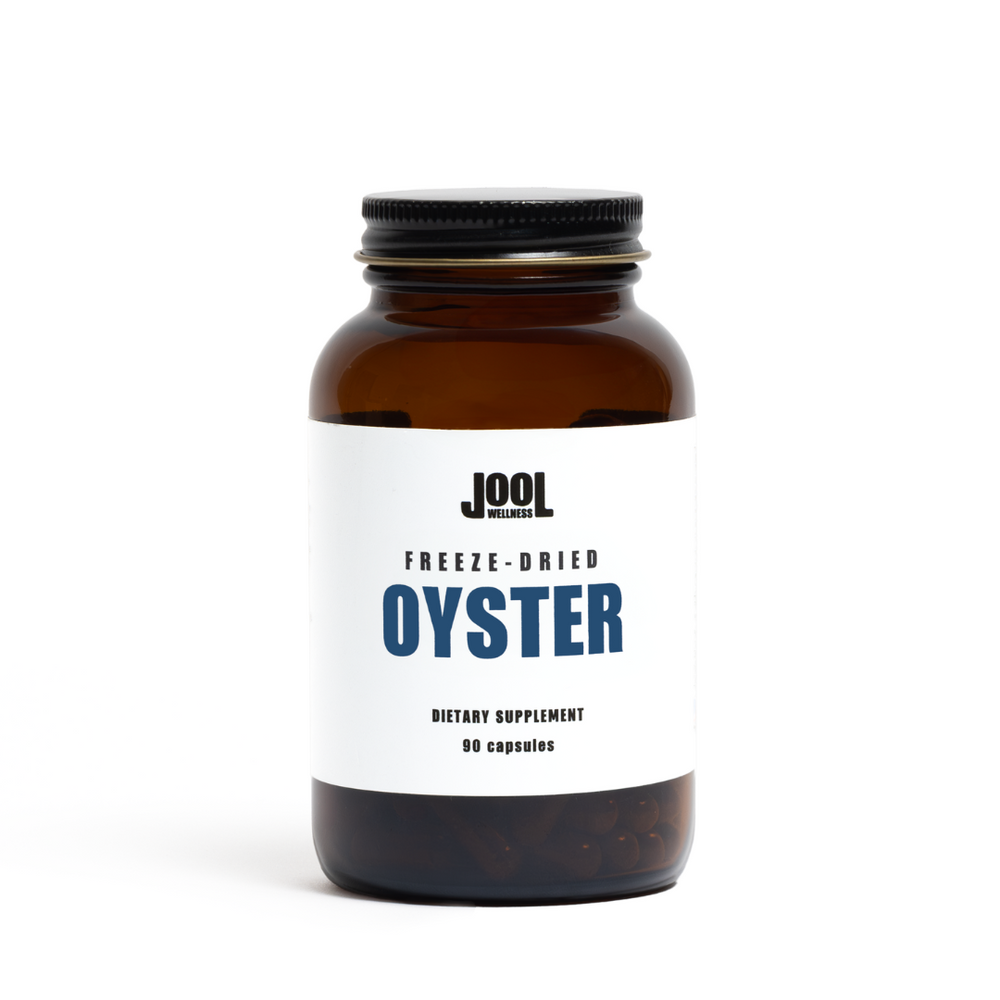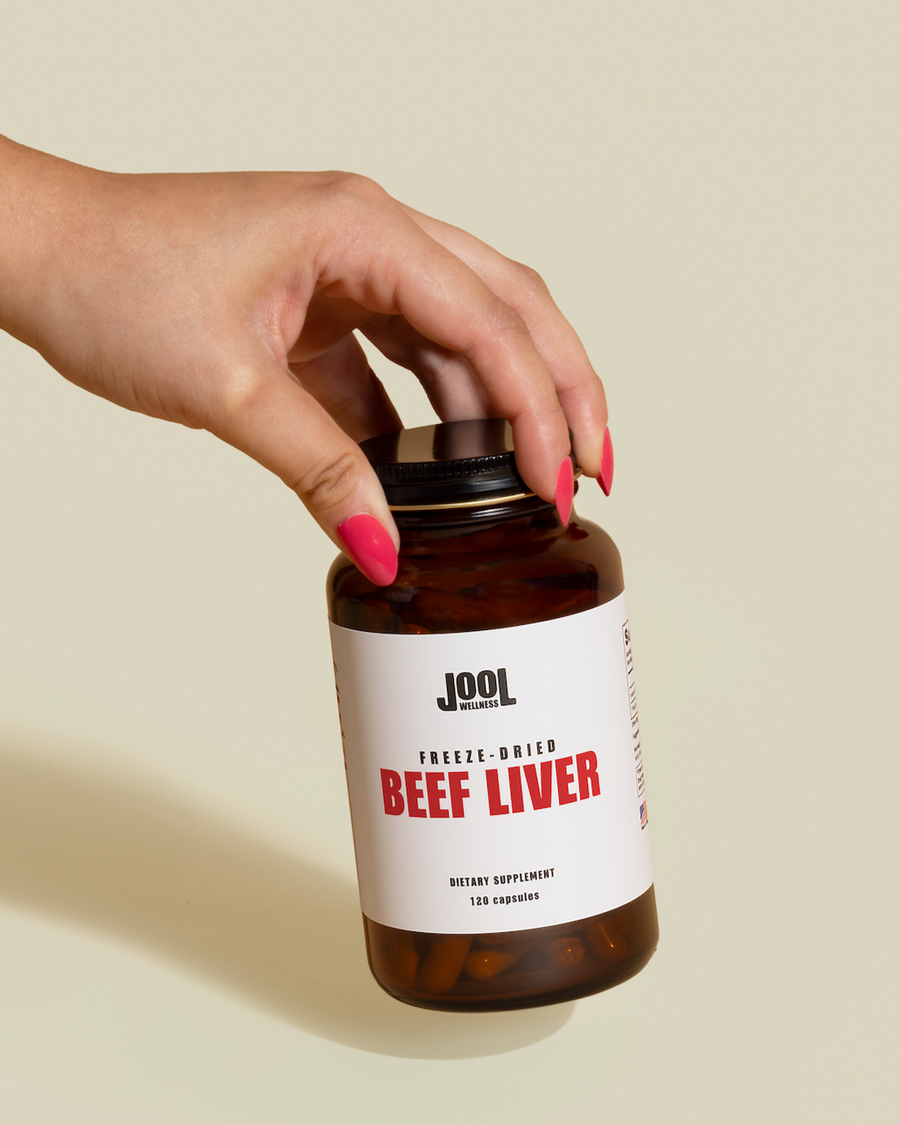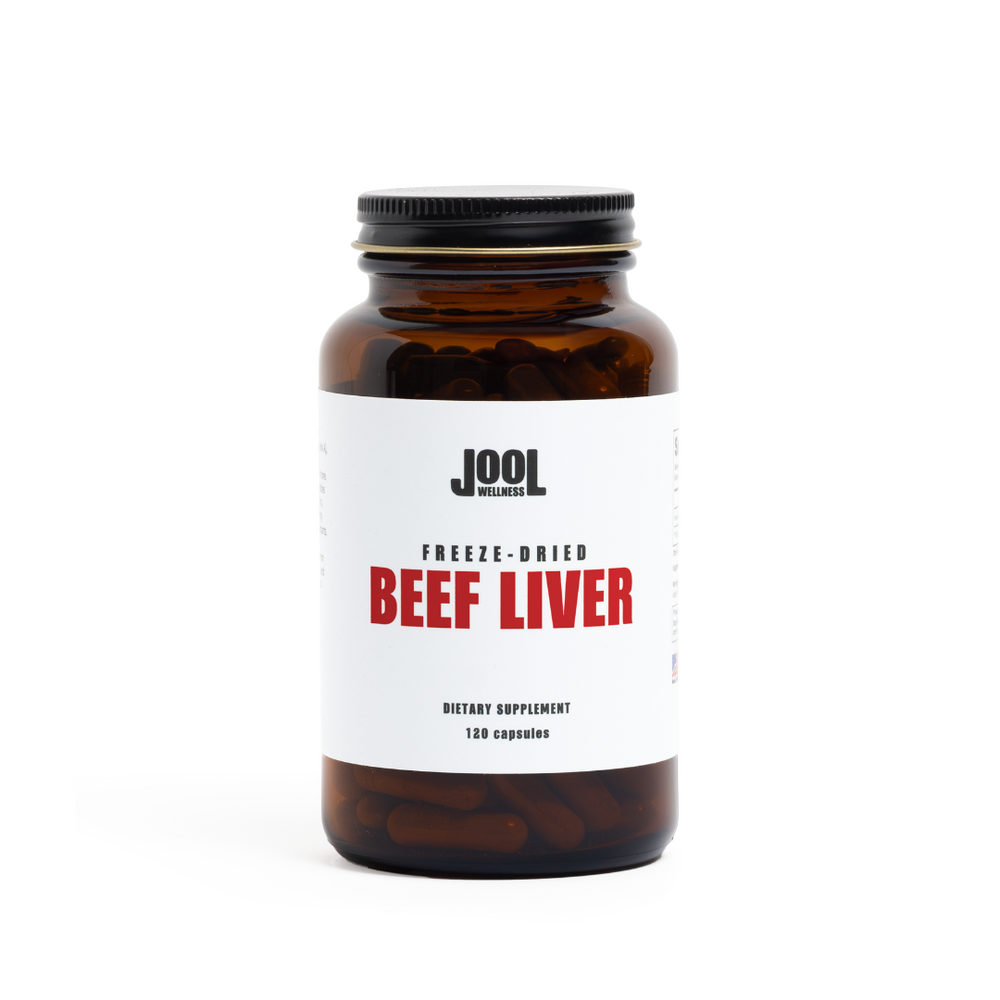Signs You Might Be Deficient in Zinc (and Why Whole-Food Sources Like Oyster Capsules Matter)
Zinc may be one of the most underrated minerals in your body, but it quietly supports nearly every major system. From immune health and metabolism to hormone balance and fertility, zinc helps keep your cells functioning and your body resilient.
Because the body doesn’t store zinc for long, even small gaps in intake can lead to a deficiency over time. Understanding the signs, causes, and best ways to restore balance can make a big difference in how you feel day-to-day.
Why Zinc Is So Important
Zinc is an essential trace mineral found in every cell of the body. It plays a role in:
-
Immune function – helping you fight off infections and heal wounds faster
-
Hormone and reproductive health – supporting fertility, testosterone, and estrogen balance
-
Growth and repair – aiding DNA synthesis, protein production, and tissue healing
-
Skin, hair, and nail strength – promoting cellular turnover and collagen formation
-
Brain and mood health – influencing neurotransmitter activity and cognition
Simply put, zinc keeps things running smoothly from your immune system to your hormones.
Common Signs of Zinc Deficiency
Because zinc affects so many systems, deficiency symptoms can vary widely. Some of the most common include:
-
Frequent colds or slow wound healing
-
Loss of taste or smell
-
Hair loss or thinning
-
Brittle nails or white spots on nails
-
Poor appetite
-
Skin issues such as acne, rashes, or eczema
-
Brain fog, mood swings, or low motivation
-
Irregular menstrual cycles or fertility struggles
-
Diarrhea or digestive issues
If several of these sound familiar, it’s worth looking deeper at your zinc status, especially if your diet or lifestyle could be depleting it.
Health Implications of Low Zinc
Low zinc doesn’t just cause mild symptoms, it can influence long-term wellness. Chronic deficiency has been linked to:
-
Decreased immune resilience and increased infections
-
Hormonal imbalances and low testosterone (especially in men)
-
Poor growth or delayed puberty in younger individuals
-
Infertility in both men and women
-
Impaired wound healing and skin health
-
Vision changes such as macular degeneration
-
Digestive issues including ulcers and diarrhea
-
Mood imbalances, ADHD, or depression
Because zinc interacts closely with other minerals like copper, iron, and magnesium, an ongoing deficiency can also throw off broader mineral balance.
What Causes Zinc Deficiency?
A variety of factors can drain or block zinc absorption:
-
Gut issues like celiac, Crohn’s, or chronic inflammation
-
Poor digestion or low stomach acid, reducing absorption from food
-
Stress – physical or emotional stress increases the body’s demand for zinc (stress depletes stomach acid) ⬆️
-
Pregnancy and breastfeeding, which use up more zinc to support baby’s growth
-
Vegan or vegetarian diets – plant foods contain phytates that bind zinc and make it harder to absorb
-
High iron or calcium supplementation, which can compete with zinc for absorption
-
Heavy metal exposure (especially mercury)
-
Certain medications, such as antibiotics, diuretics, and antacids
Even if you’re eating relatively well, these lifestyle and metabolic factors can still deplete zinc reserves over time.
How to Support Healthy Zinc Levels Naturally
At Jool, we always encourage a food-first approach. You can start by emphasizing zinc-rich foods such as:
-
Oysters (nature’s highest source of zinc)
-
Beef, lamb, or dark-meat poultry
-
Eggs
-
Pumpkin seeds and cashews
-
Chickpeas and lentils
-
Yogurt and cheese
To make the most of your intake, pair zinc-rich foods with good digestion habits:
-
Slow down and relax before meals
-
Chew thoroughly to support enzyme activity
-
Include protein and healthy fats to balance blood sugar and improve absorption
Lifestyle factors matter too. Managing stress, prioritizing sleep, and ensuring you’re not over-supplementing iron or calcium can all help preserve zinc stores.
When Supplementation Makes Sense
Sometimes, even a nutrient-dense diet isn’t enough, especially if you’re dealing with gut issues, pregnancy, stress, or limited access to zinc-rich foods. That’s where targeted supplementation can help bridge the gap.
However, not all zinc supplements are created equal. Many conventional zinc or multivitamin formulas provide high, isolated doses that can easily throw off your copper or iron balance, leading to more problems down the line.
Why We Prefer Whole-Food Oyster Capsules
Oysters are nature’s most bioavailable source of zinc, rich in naturally occurring cofactors like copper, selenium, and vitamin B12 that help your body absorb and use zinc efficiently.
Unlike synthetic zinc tablets, Jool Oyster Capsules provide a balanced, food-based dose that mimics the way nutrients exist in nature. This means better absorption, fewer imbalances, and a more holistic way to support your body’s mineral needs.
They’re ideal for anyone who:
-
Doesn’t regularly eat oysters or other zinc-rich foods
-
Needs a gentle, therapeutic dose of zinc
-
Wants to restore balance without over-supplementing
If you’re curious how Oyster Capsules pair with our Liver Capsules for even broader nutrient support, you can read more in our article: 👉 Why Zinc and Copper Work Better Together
The Bottom Line
Zinc is small but mighty, vital for immunity, hormones, fertility, and overall vitality. A deficiency can leave you feeling drained, moody, or more prone to illness, but it’s also one of the easiest nutrients to correct with a little awareness and the right food-based support.
Focus on zinc-rich foods first, care for your digestion, and when you need an extra boost, trust nature’s most complete source: oysters.
At Jool, we believe nourishment works best when it’s in harmony with nature and that’s exactly how we designed our Oyster Capsules.





